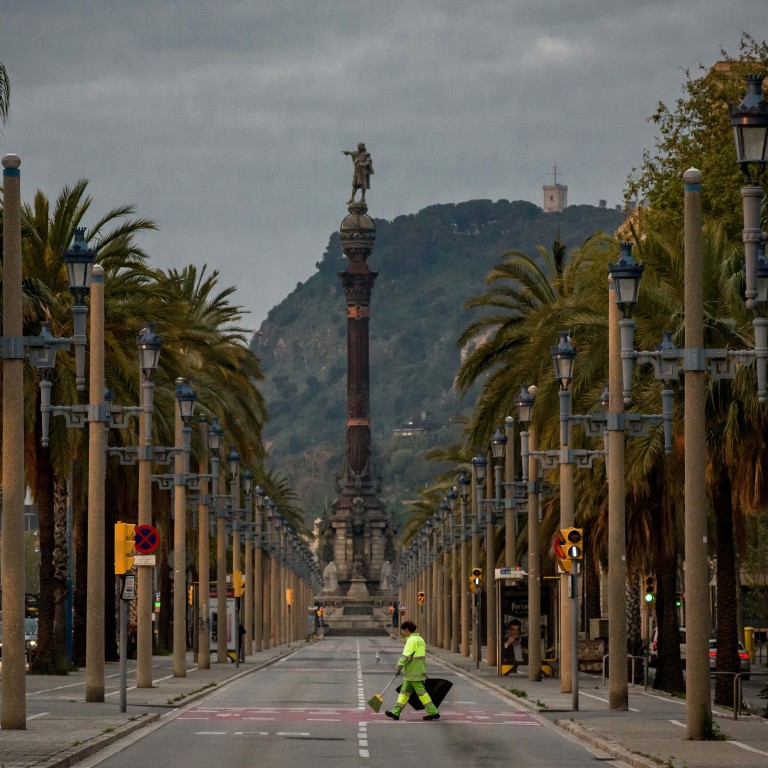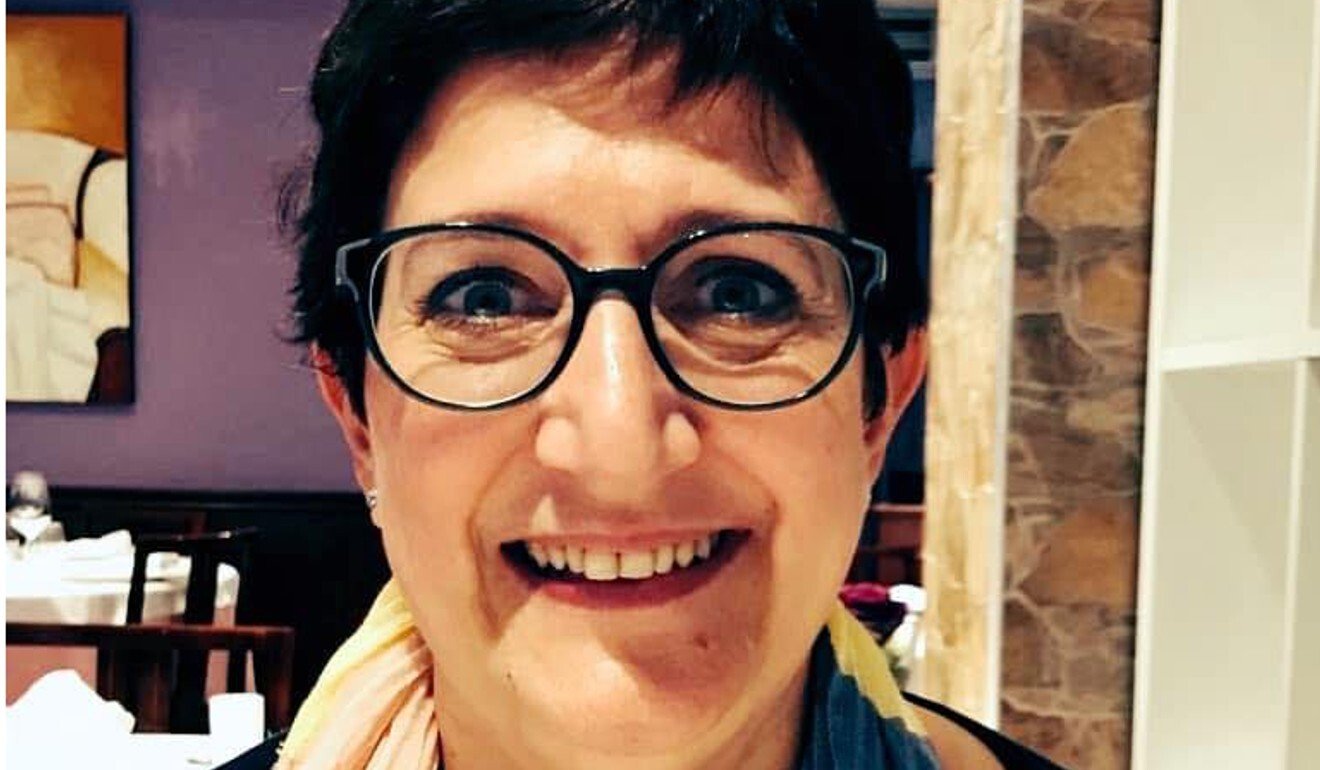
The story of a coronavirus survivor during the worst days in Spain
- Fourth in a series exploring the different experiences of Covid-19 survivors from around the world
- In Barcelona, a city council consultant thanks public health for healing her
A consultant for the city council in Santa Coloma de Gramenet, a municipality in the suburbs of Barcelona, she does not know how she got infected. At first, she did not pay attention to her fever because she thought she was tired after an intense week, preparing for Women’s Day on March 8. But her condition worsened.
“It was because of the fever,” she said. “Your body slows down your metabolism so you don’t feel like eating and can’t do what you should do – fight the disease.”
A few days later she began to have respiratory problems. She felt as if she was drowning, which she found the most distressing symptom.
“When I took a couple of steps it was difficult for me to breathe, like when you go up a very long hill and you are short of breath,” she said.

Moraleda went to hospital the same day and stayed there for seven days.
There were hopes, based on initial data released this week, that Spain may have passed the peak of what health minister Salvador Illa has called its worst health crisis in a hundred years. Then came another rise in deaths.
In the past few weeks, more than 34,000 Spaniards, including Moraleda, have managed to defeat the virus. But the atmosphere in the hospitals remains tense, and medical staff are exhausted.
However, Moraleda considers herself very lucky to have been treated in a public health system, in which she said she was very well looked after.
“In a neoliberal system like the one in the United States, if you can’t pay for the cure, you die,” she said. “People do not have what we have here. We have to realise that public health provision must be preserved.”
Since it was early in the pandemic for Spain, Moraleda did not have to wait too long at the hospital to be tested for Covid-19. She had the positive result after four hours, and was admitted to a floor at Vall d'Hebron hospital in Barcelona where there were hardly any patients. She said the floor had opened that same night, for Covid-19 patients.
“Because it was new, the nursing staff rotated more than normal, and people were a little nervous that everything was so new and different,” she said.
“The doctors wore double gloves, glasses and a protective uniform. Every time they left, they had to throw away all the medical materials, which was difficult to do safely.”
Spain’s military uses DJI agricultural drones in fight against Covid-19
Moraleda said she found the hardest part of her time in hospital was the isolation.
“I was allowed one hour of visits a day,” she said. “Thank goodness for WhatsApp video calls. I have an 84-year-old mother who was very worried, so I was glad to be able to explain the situation myself to my family.”
The infection spread to two-thirds of Moraleda’s lungs, but anti-inflammatory drugs swiftly brought it under control.
“Two days later I had no fever,” she said. “A nurse even commented to a doctor: ‘We have witnessed a miracle!’”
This article is one in a series exploring the experiences of recovered Covid-19 patients around the world
Sign up now and get a 10% discount (original price US$400) off the China AI Report 2020 by SCMP Research. Learn about the AI ambitions of Alibaba, Baidu & JD.com through our in-depth case studies, and explore new applications of AI across industries. The report also includes exclusive access to webinars to interact with C-level executives from leading China AI companies (via live Q&A sessions). Offer valid until 31 May 2020.










